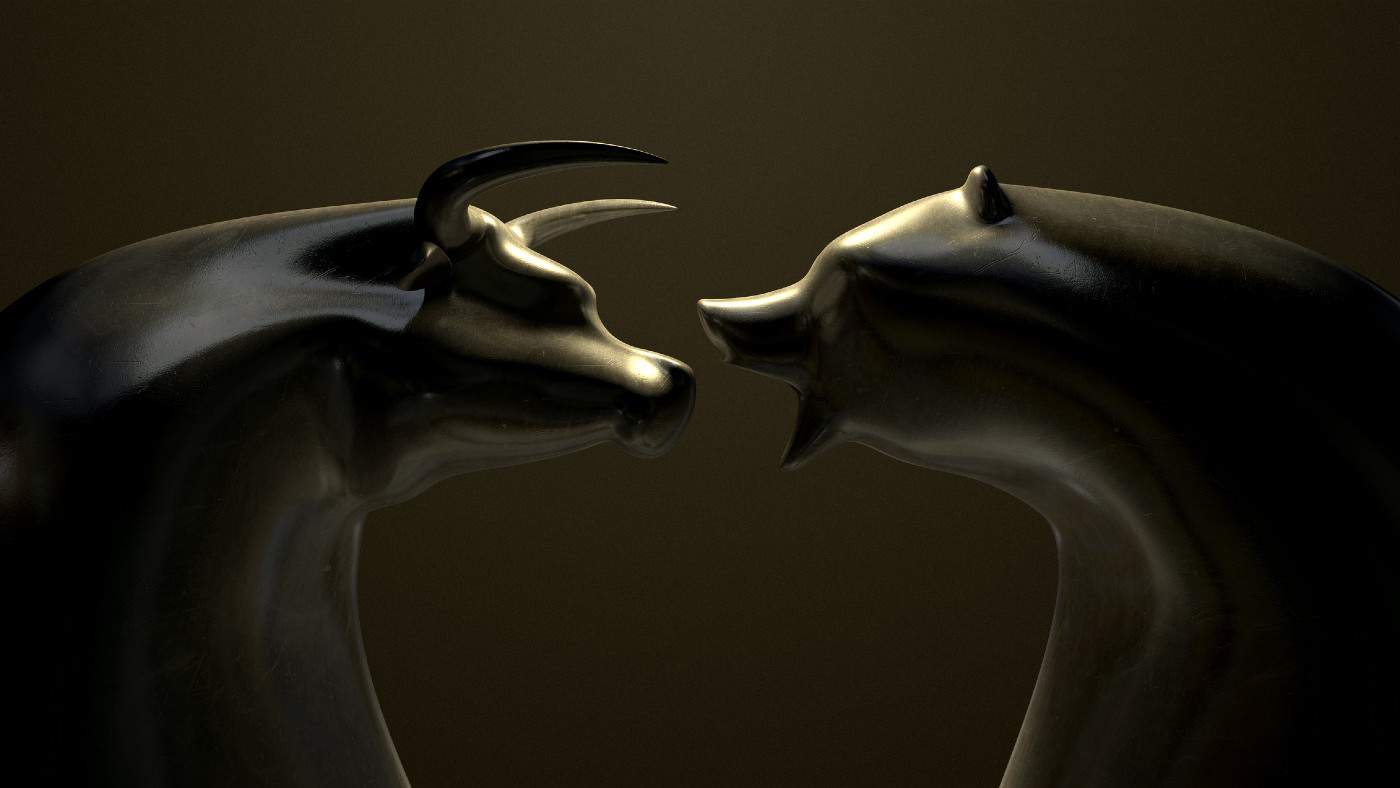Today, the long-term investing case for BHP Group (LSE:BHP) shares is put under the microscope by two Fools with opposing stances…
Bullish
By Royston Wild. BHP Group’s share price has plummeted 20% year to date as I write. The Australian mega-miner has dropped as worries over global economic growth (and by extension commodities demand) have ramped up.
I think this weakness represents an opportunity for long-term investors to grab a bargain. The former FTSE 100 stock trades on a forward price-to-earnings (P/E) ratio of 10.2 times. It also carries a bumper 6.9% prospective dividend yield.
It’s my view that BHP shares could soar from today’s levels as demand for its raw materials ramps up. Rapid adoption of electric vehicles and renewable energy technology could supercharge sales at its copper and iron ore operations. Demand for its potash could surge as farmers seek to improve crop yields to feed the growing population. The list goes on.
I also like BHP because of the low production costs enjoyed across its asset portfolio. Its Chile copper mines and iron ore projects in Australia are amongst the most cost effective in the business. This provides profit margins with a beefy boost.
Royston Wild does not have positions in BHP Group.
Bearish
By Roland Head. BHP’s annual profits have risen from $6bn to $28bn since 2017. Shareholders have received about £9 per share of dividends in that time. That’s equivalent to 90% of the £10 share price in 2017.
Why aren’t I buying? Simply put, I think this is as good as it gets for now.
Mining is a cyclical business. BHP and other iron ore producers have enjoyed a spectacular boom over the last couple of years. All the signs suggest that things are now calming down.
After spiking to record highs in 2021, the price of iron ore is back down to more normal levels.
There are also worries about the state of the global economy — especially in China, which is BHP’s biggest single customer.
Broker forecasts point to a steep fall in earnings (and dividends) over the next couple of years.
I’m steering clear of BHP until the market provides a cheaper entry point.
Roland Head does not own shares in BHP Group.








